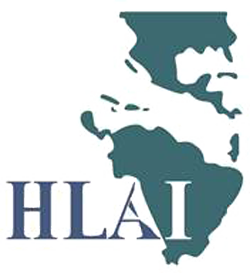







From our office in Glen Ellyn, Illinois we serve clients throughout the area including but not limited to Wheaton, Lombard, Villa Park, Carol Stream, Glendale Heights, Addison, Bloomingdale, Elmhurst, Winfield and DuPage County.

© 2026 NN Legal Group45 S. Park Blvd., Suite 200, Glen Ellyn, IL 60137630-474-0925
Contact Our Firm
NOTE: Fields with a * indicate a required field.
Name *
Email *
State
ZIP
Phone *
How would you prefer to be contacted?
E-Mail
Phone
No Preference
Briefly describe your legal issue. *
The use of the Internet or this form for communication with the firm or any individual member of the firm does not establish an attorney-client relationship. Confidential or time-sensitive information should not be sent through this form.
I have read and understand the Disclaimer and Privacy Policy.








